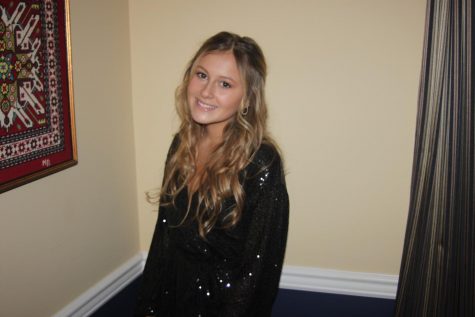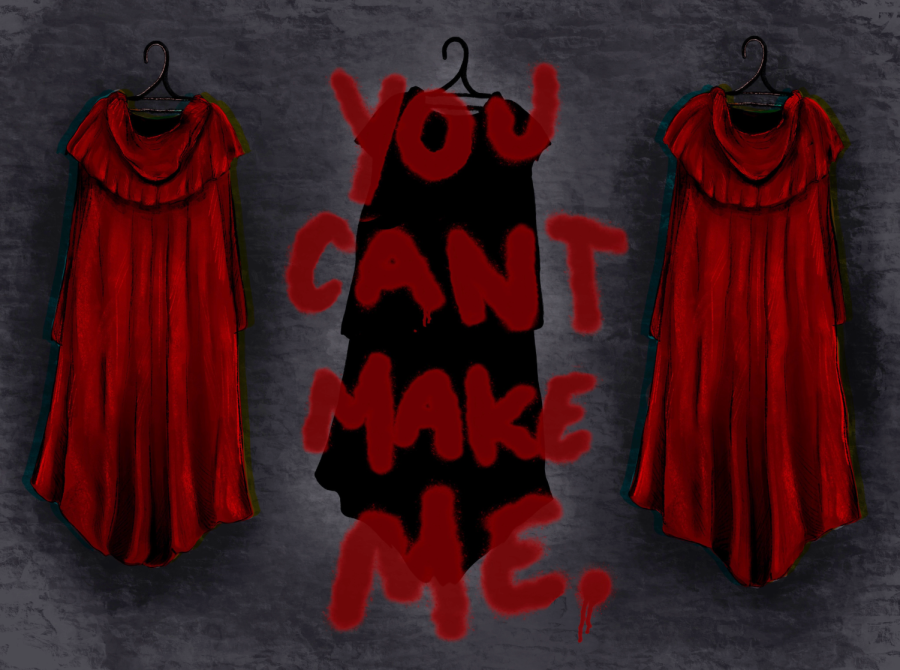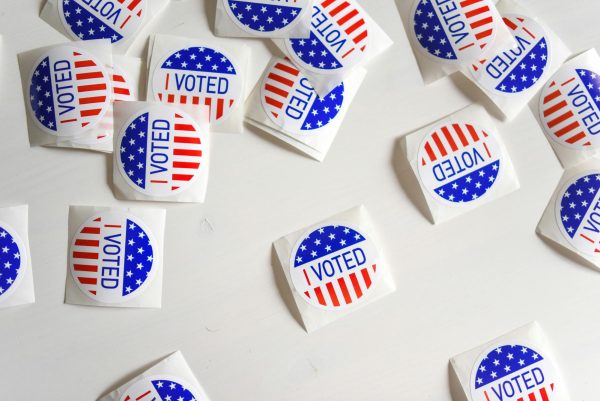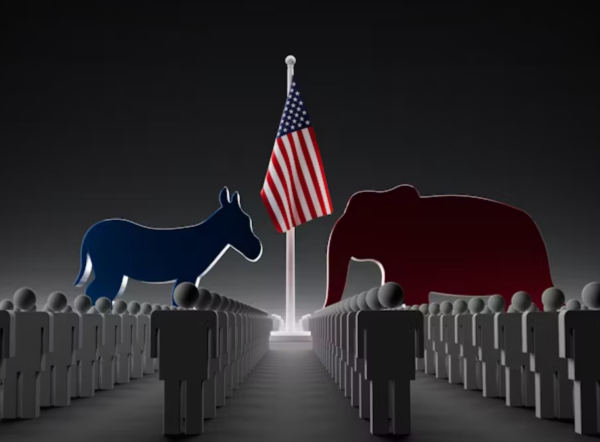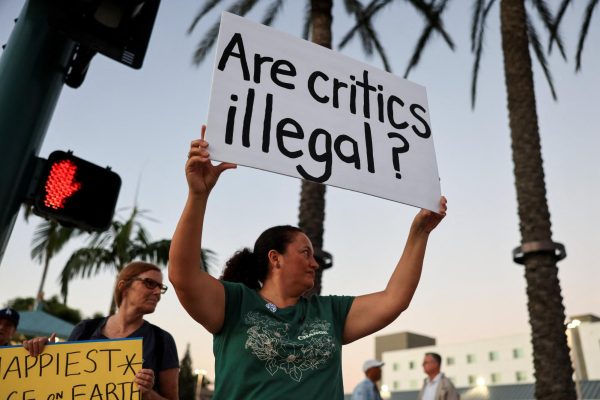OPINION: Religion threatens objectivity of Supreme Court
The United States government tends to rely on the founding fathers for aid in government policy. Isolationism has lingered in politics since Washington’s farewell address and the right to bear arms has survived despite opposition. Yet the separation of church and state is completely disregarded when it comes to the abortion debate. The Catholic, Evangelical and Protestant politicians seemed to have forgotten that they don’t make up the entirety of the population.
Although some assert that the disputes over abortion are about human rights rather than faith, religion has always played a role. According to NPR, Catholics and Protestants who are more involved in religious services are more likely to support a ban. After the Roe v. Wade decision in 1973, the rise of evangelical movements led to the entrance of women’s health clinics bombarded with protestors holding signs about sin and hell. Without the role of religion, the abortion controversy would not be as widespread. But the basis of their arguments is flawed.
Christianity’s emphasis on forgiveness and refusal to pass judgment seems to hold greater value when it benefits the church. Sexual assault is excused, but abortion is seen as an atrocity. When responding to accusations against priests, the church has responded by covering them up. Outrage focuses more on an undeveloped fetus than on preyed children of the church. World peace and love are demanded, yet women continue to be harassed and called murderers. It’s difficult to find common ground with anti-abortion members of the church when their hypocrisy shines so bright.
Quoting the Bible is a common technique used to justify anti-abortion sentiments. Yet the new testament never mentions abortion. Exodus 21:22-23, a largely cited passage, seems to send a very different message. Instead of discussing a woman’s choice to terminate her pregnancy, the passage tells a story of a forced premature birth caused by a brawl. The Bible is so incredibly broad that followers have formed completely separate religions and branches with differing views. Some stories and assertions are seen as metaphorical and others as literal. A woman’s choice is debated based on an assumption. And this has bled into the highest court.
The Supreme Court of the United States is meant to represent the unbiased branch of government, refraining from political and social influence, but Roe v. Wade was a strongly upheld case until recently, coincidentally when the court is packed with six Catholic justices. According to the 2020 Census, Catholics make up 19 percent of the US population. With only nine total justices, the Supreme Court is incredibly unrepresentative of the population.
Because abortion is an issue of faith, this inequality has proven to be detrimental to American values and rights. As religion alters the way our judicial branch makes decisions, our justices violate the First Amendment of the Constitution.
